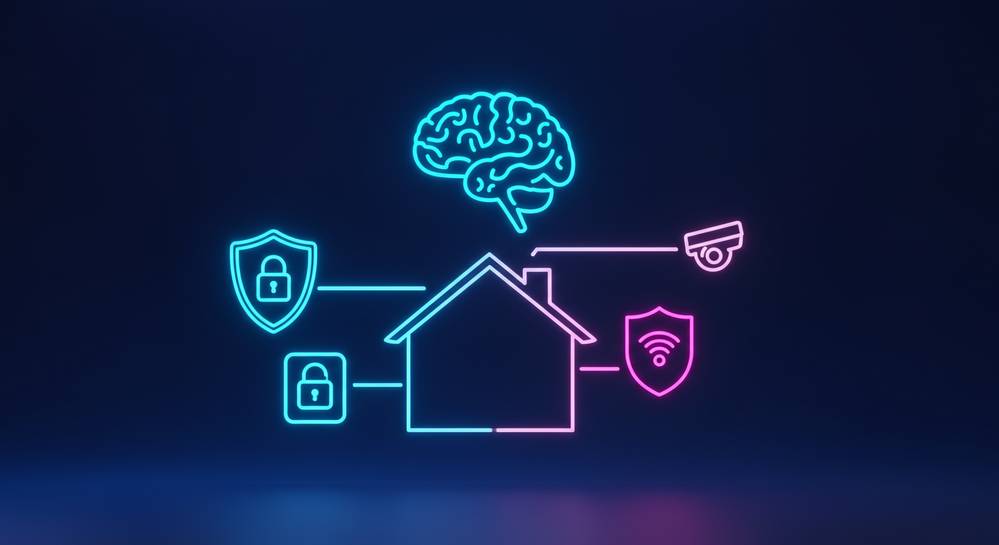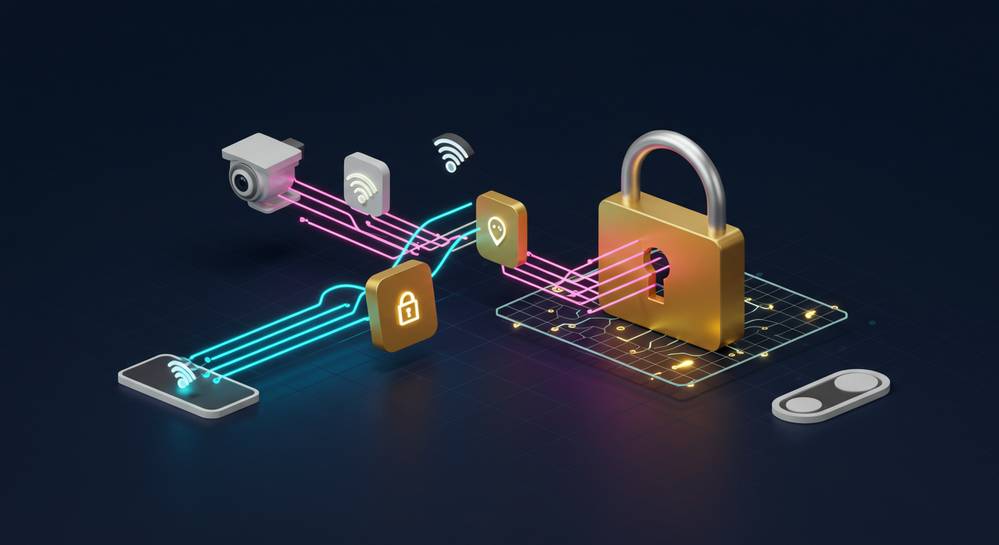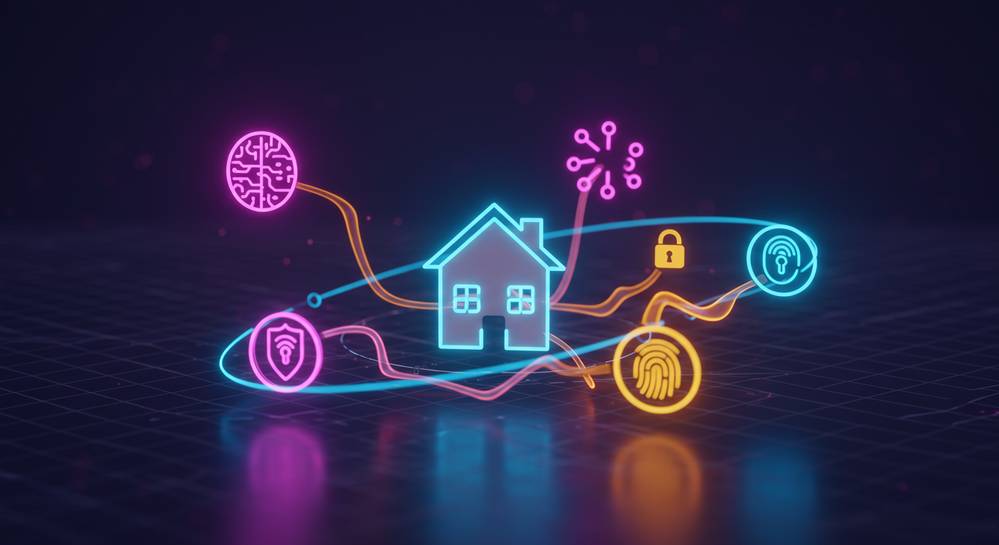The world of home protection is evolving faster than ever, with new technologies emerging at a rapid pace. Keeping up with the latest smart home security news trends is no longer just for tech enthusiasts; it is essential for any homeowner looking to ensure their property and family are safe. This article breaks down the most important developments, from AI integration to new connectivity standards, providing a clear overview of what matters now.
AI and machine learning are making security smarter

Artificial intelligence is a core driver in the latest smart home security news trends. Systems now move beyond simple motion detection to intelligent analysis, a fundamental shift from reactive to proactive defense. This dramatically reduces false alarms from pets or passing cars, a major improvement for homeowners. The underlying technology relies on a sophisticated AI agent architecture to function effectively, making homes genuinely smarter and safer.
- Intelligent object recognition: Systems can now accurately differentiate between people, packages, animals, and vehicles. This allows for highly specific alerts, ensuring you only receive notifications that truly matter.
- Behavioral pattern analysis: Advanced AI learns your household’s normal routines. It can then flag genuinely unusual activity, such as a door opening at an odd hour, providing a deeper layer of security.
- Autonomous security actions: Some devices can now proactively deter threats by turning on lights or issuing audible warnings without waiting for your command, stopping potential incidents before they escalate.
The rise of interoperability with Matter
The fragmentation of the smart home ecosystem has long been a security headache for consumers. Incompatible devices created weak points and complex management challenges. The Matter protocol is a game-changing solution to this, emerging as one of the most critical smart home security news trends. Backed by industry leaders like Apple, Google, and Amazon, it creates a universal standard for undefined, allowing devices to work together seamlessly and securely regardless of the manufacturer.
- Standardized security baseline: All Matter-certified devices must adhere to robust, predefined security protocols. This eliminates guesswork for consumers and ensures even basic devices have strong protection from the start.
- Reduced configuration errors: A unified setup process simplifies adding new devices to your network. This drastically lowers the risk of misconfigurations, a common vulnerability that hackers often exploit.
- Enhanced local control: The protocol prioritizes communication on your local home network instead of relying solely on the cloud. This means your security system remains functional and secure even during an internet outage.
This shift towards a unified ecosystem not only improves user convenience but fundamentally strengthens the security posture of the modern smart home.
Enhanced privacy controls and data encryption

As smart devices collect more personal data, a major smart home security news trend is the demand for greater user control. Manufacturers are responding by making privacy a core feature, not an afterthought. The industry is shifting from cloud-centric data processing to localized solutions that keep your sensitive information securely within your home. This empowers users with transparent tools to manage their data effectively.
This focus on privacy is being implemented through several key technologies that are quickly becoming industry standards. These enhancements are designed to build trust and give you peace of mind.
- On-Device AI Processing: Many new devices now analyze video and audio directly on the hardware itself. This means sensitive data like video feeds are processed locally, significantly reducing the risk of exposure by never sending them to the cloud.
- End-to-End Encryption: This is now a baseline expectation for security cameras and sensors. It ensures that only the user can view their data, a core principle of all undefined.
- Transparent Privacy Dashboards: Companies are providing clear, easy-to-use interfaces that show you exactly what data is being collected and give you simple controls to manage it.
The future of home protection and emerging tech

While current smart home security news trends focus on AI and interoperability, the next frontier is already taking shape. Emerging technologies are pushing beyond reactive alerts to create a fully automated and predictive security shield. The ultimate goal is to build systems that anticipate and neutralize threats before they even occur, transforming our concept of home safety. This forward-looking approach points to a future where security is truly autonomous.
Several key innovations are leading this charge:
- Autonomous security drones: Imagine drones that automatically patrol your property, investigate disturbances detected by sensors, and provide real-time aerial footage. This technology offers dynamic surveillance that fixed cameras cannot match.
- Next-generation biometrics: Security is moving beyond simple fingerprints and facial scans. Future systems may use gait recognition to identify individuals by their walk or voice biometrics for seamless, secure access, making keys and codes obsolete.
The landscape of home protection is clearly shifting towards smarter, more integrated, and privacy-focused solutions. By understanding the impact of AI, the convenience of Matter, and the importance of data privacy, you can make more informed decisions about your home’s safety. For the latest updates and in-depth analysis on security technology, stay connected with Instant News Online, your trusted source for what is next.
